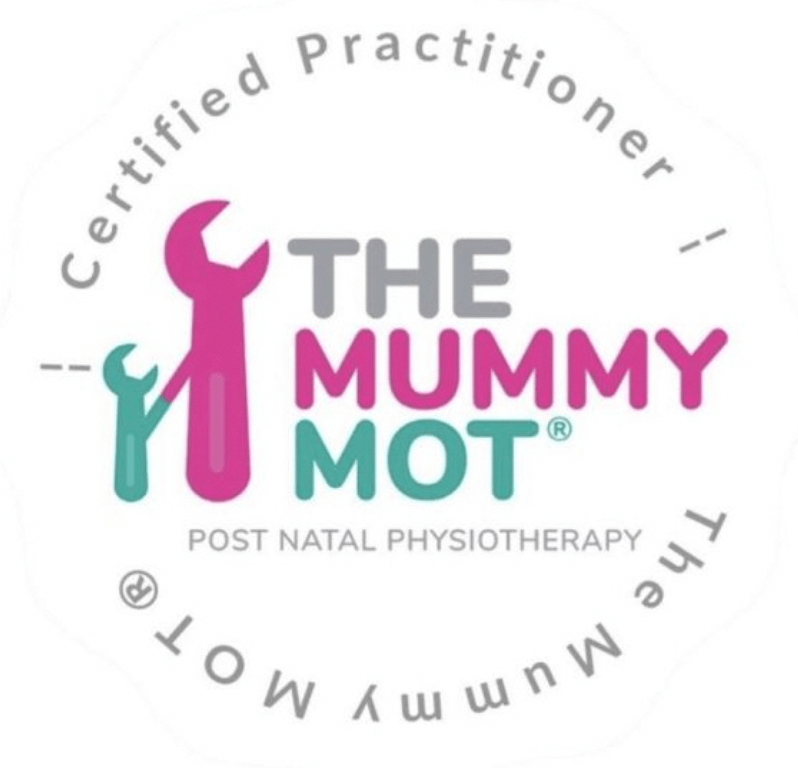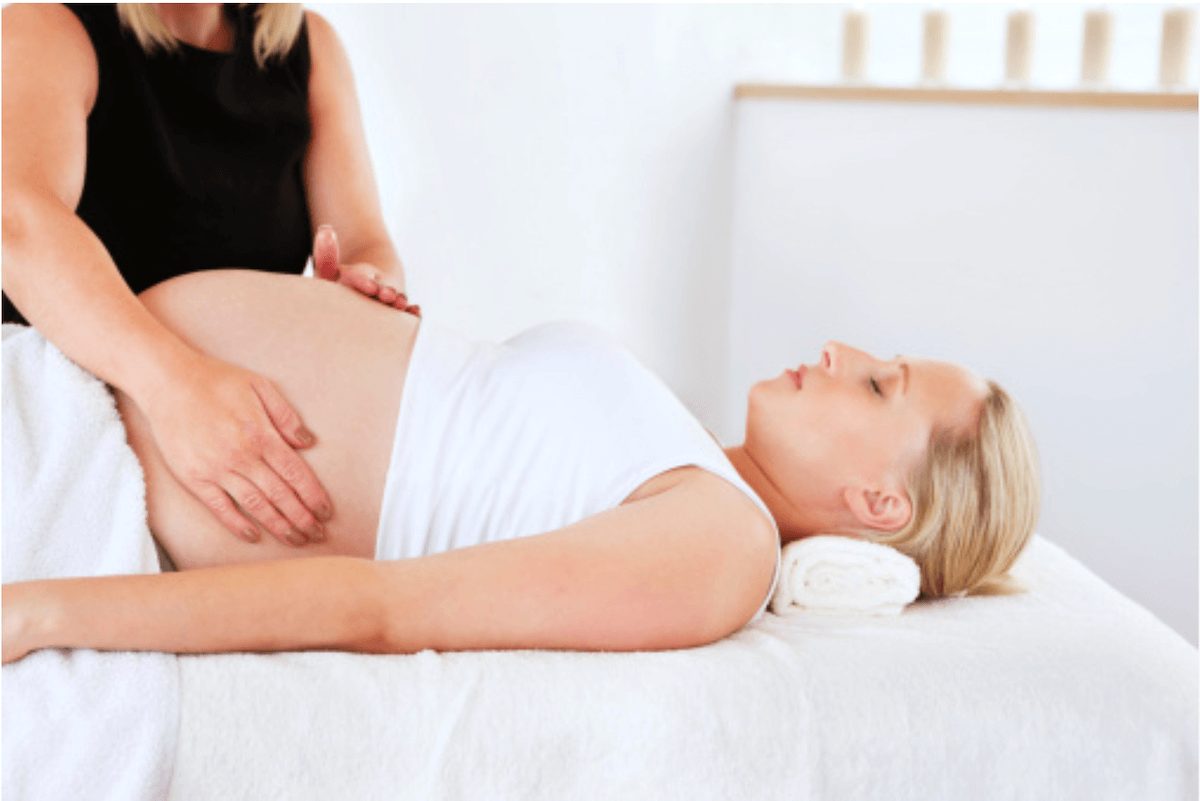How to Become a Women's Health Physiotherapist
In understanding how to become a women's health physiotherapist, we will look at the valuable role they have in health care, both for treating problems and maintaining good health. Physiotherapists in general are highly trained professionals who not only provide help for pain and physical problems, but they also help to prevent issues developing in the first place. In order to understand the job of a women's health physiotherapist, it's important to first consider what a physiotherapist does.

What is Women's Health Physiotherapy?
Women's health physiotherapy is a specialism within the field of physiotherapy. Physiotherapy in general is treatment to help maintain and restore mobility for people who have been affected by surgery, age, exercise, disability, injury, illness or other physical dysfunction. It will typically include an assessment and rehabilitation plan consisting of specific exercises, manual manipulation, massage or other hands-on treatment, such as therapeutic ultrasound, soft tissue mobilisation or electrotherapy.
As the name suggests, a women's health physiotherapist is a specialist who works with women and their specific problems. You may have heard them referred to as a pelvic physio, women's physio or even prolapse physiotherapist.
What does a Women's Health Physiotherapist Do?
A women's health specialist physiotherapist will use all the areas of physiotherapy medical study, including musculoskeletal knowledge, neurology, obstetrics, gynaecology, colorectal and urology. But they work with women and conditions that are specific to women, or those that normally affect only women.
Typical conditions treated by a women's physio are:
- Pelvic floor dysfunction
- Pelvic organ prolapse
- Pelvic pain (also known as pelvic girdle pain or PGP)
- Diastasis recti (also known as abdominal separation)
- Breastfeeding problems
- Tight, painful scars
In addition to these problems, a large part of the role of a women's physio is to treat issues related to pregnancy. For example, a pregnant woman's body undergoes an enormous change prior to giving birth, and a women's health physiotherapist will offer a special health assessment and offer solutions for managing these changes. At PelviCare, this assessment is called a Pregnancy MOT; as well as the pre-natal issues treated within the Pregnancy MOT, it will also set you up for the best possible birth experience and for improving your recovery following the birth.

The postnatal check for women is known as the Mummy MOT, and it is the proven treatment across the UK for problems women face after giving birth.
The role of the women's health physiotherapist is very different to that of, say, a sports physio in that the work is of a deeply personal nature.
A women's physio works closely with patients to understand their most intimate concerns about their bodies. It can therefore be an intensely rewarding career for those with the appropriate aptitude.
Practitioners in this field need to develop specialist knowledge for examination to understand conditions that affect the core muscles, vagina and rectum. Related to this, you will also need excellent interpersonal skills and a thorough understanding not only of infection control, but also of consent, confidence and trust.
Skills Needed to be a Women's Health Physiotherapist
Of the skills required in order to be a successful women's health physio, some are physical abilities and others are personal characteristics. No one needs to have it all figured out before they even start, of course. But if you have some or all of the following attributes, then this could be the ideal career for you.
- Interested in medicine and happy to be hands-on with patients
- Caring and understanding personality with the ability to be a good listener
- Calm under pressure
- Good manual skills and physically fit
- Good communication skills with the ability to explain complex ideas in a way that's easy to understand
- Business skills if you intend to be self-employed in your own practice
Training Requirements
There are several routes you can take to become a qualified women's physiotherapist. All of them require at least a bachelor's degree in the first instance, for which you will normally need two or three A levels. In the UK, the Chartered Society of Physiotherapy is the governing body responsible for accrediting training programmes to ensure they are following the best, most current practice so that students graduate as safe and as competent as possible.

Here is a typical route to becoming a physiotherapist:
1. A levels, including biological science, or an equivalent qualification like BTEC, a science-based access course or a qualification in a related area.
2. BSc in Physiotherapy at university. A BSc will normally take three years full-time or four-to-six years part-time.
3. Registration with the Health and Care Professions Council (HCPC) as a practitioner.
There is also the option of MSc in Physiotherapy as a two-year accelerated degree for people who have a BSc in a relevant subject other than physiotherapy.
Training to Become a Women's Health Physiotherapist
Once you are qualified as a physiotherapist and registered with the HCPC, you can start practicing to gain some experience while you take additional study in the specific field of women's health. There are several more training programmes you can take, such as MSc Rehabilitation Studies: Physiotherapy in Women's Health or other similar postgraduate qualifications in this area.
In addition to study that leads to a formal qualification, there is also plenty of training courses in all the various aspects of women's health, and women's physios will need to regularly update their skills with continuing professional development. An organisation like Pelvic Obstetric & Gynaecological Physiotherapy Association (POGP) offers a range of appropriate short courses in pregnancy-related physiotherapy and pelvic health.
Many experienced and pioneering physiotherapists will provide private training in their particular specialisms. For example, the Mummy MOT post natal physio assessment training was founded and is provided by Maria Elliott Physiotherapy Services, a leading champion of pelvic and postnatal health in the UK.
Career Prospects in Women's Physio

As a women's health physio, you have a choice of career paths. Here are just some of the options available:
- Working in an NHS or private hospital
- Working as an employee in a private physiotherapy clinic
- Self-employed but part of an established clinic, either with other physiotherapists or with different, complementary practitioners
- Setting up your own clinic, either on your own or with a team you employ or rent space to other practitioners
- Training others or conducting research into specific specialist aspects
Women's health physiotherapy is a demanding job that requires dedication and ongoing study to keep your skills up-to-date. But it is also a rewarding career in which you get to help people every day, often in ways that change their lives for the better.
For more information about women's health physiotherapy, call Magdalena on 07877 017 936 or drop PelviCare an email. Alternatively, you can book an appointment online or find a full list of the treatments available on our website.
PelviCare Women's Health Physiotherapy is located in Greenwich, London, serving women across South London, East London, Essex, Kent and beyond.